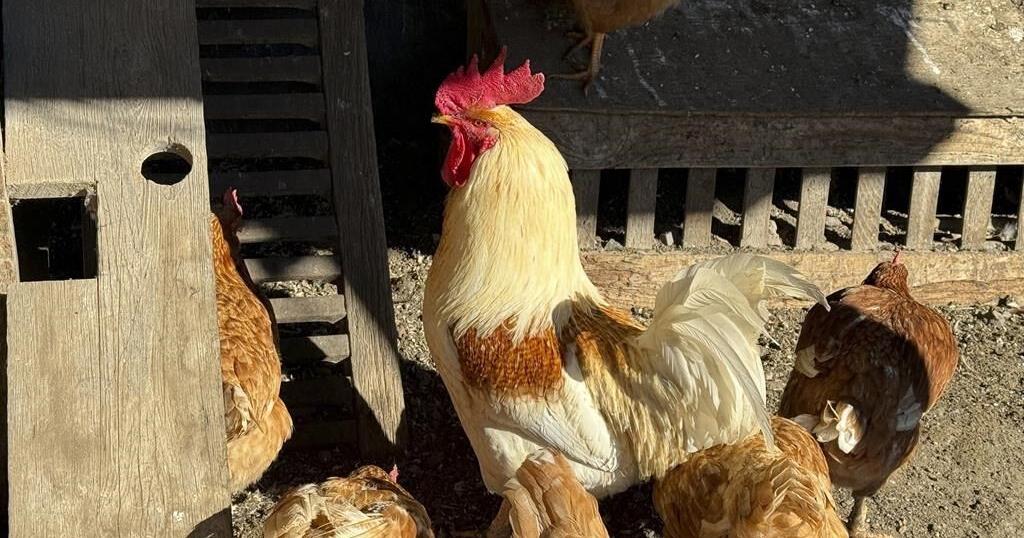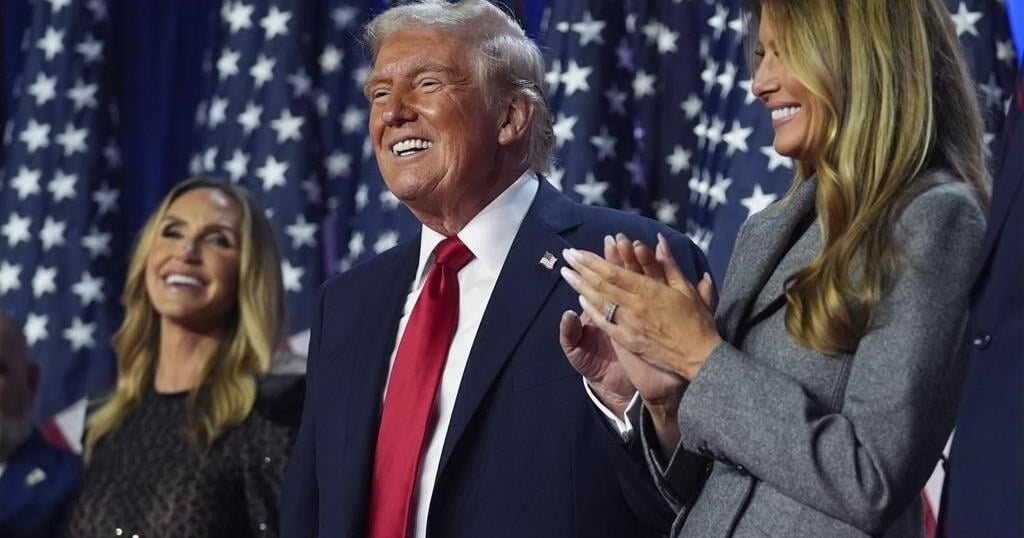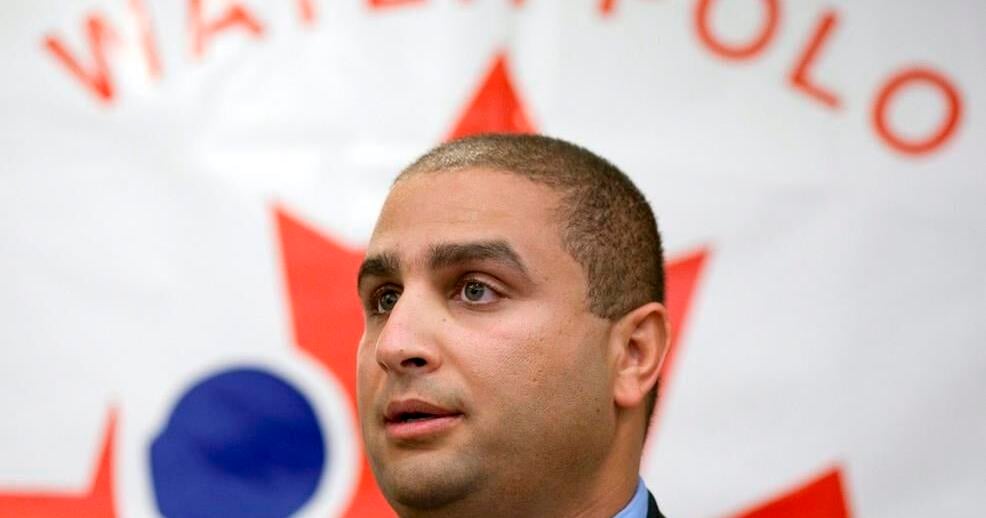A petting farm on Vancouver Island says it was forced to cull its entire flock of about 50 chickens and ducks when they contracted the highly infectious avian flu.
In the post to social media, Holly Hill Farm in Campbell River says it is “devastated,” noting each bird had a name, but it was forced to kill the flock “to prevent the spread and help protect food sources.”
It says Island Health has assured them the risk to their guests is “extremely low,” although recent visitors should monitor themselves for flu-like symptoms for 10 says after their visit to the farm.
A spokesman with Interior Health confirmed it had been made aware of the outbreak, saying its public health communicable team is monitoring the situation.
Dominic Abassi says the health authority has directly followed up with people and groups who visited the petting farm and has advised anyone who came into contact with the animals to monitor for symptoms — though he too noted that the risk of transmission to humans is very low.
The farm says the rest of its animals are safe but it will continue to monitor them to ensure they stay in good health.
The Canadian Food Inspection Agency has said it believes migratory birds are responsible for the outbreaks in small and commercial poultry flocks.
The agency reports there are currently 15 infected farms in the province, and the latest update as of Oct. 25 says more than six million birds have been culled in the province because of the outbreaks.
Holly Hill Farm says in its social media post that it had contacted both Island Health and the CFIA immediately, setting off the instruction to cull the animals.
“Our flock was humanely killed, and in accordance with the Canadian Food Inspection Agency, it will only take about 14 days after the cleaning to have chickens and ducks again,” it says, though it noted the farm may not replace its flock.
This report by The Canadian Press was first published Nov. 6, 2024.


























